As homeowners, it’s crucial to recognize the signs of plumbing problems before they escalate into full-blown emergencies. This guide will provide you with vital information to identify the early warning signs of plumbing problems. By spotting these issues promptly, you can act quickly to mitigate damage and save on costly repairs.
Kick those plumbing gremlins to the curb before they wreak havoc in your home with this handy guide.
Experiencing an emergency? If you need immediate service, get in touch with J Blanton Plumbing.
Leak detection
Leaks often reveal themselves through a host of subtle yet tell-tale signs. Listen for the sound of dripping when taps and appliances are not in use. Check for corrosion around pipe connections, as this can be a precursor to leaks.
Also, be alert for musty odors — a clear indication of moisture problems which could suggest leaky pipes. Mold growth, particularly in unexpected areas, is another red flag.
The key to preventing a minor leak from turning into a disastrous flood is vigilance. Keep an eye out for damp spots on floors, walls, or ceilings, as these can indicate the presence of hidden leaks.
Monitor your water bill; a sudden increase may signal a leak you haven’t spotted yet. Additionally, regularly inspect under sinks and around appliances for any signs of moisture or water accumulation.
Water pressure
High water pressure
Excessive water pressure may not seem like a problem at first glance—after all, who doesn’t enjoy a robust shower spray? However, when the pressure in your home’s plumbing system is too high, it can lead to a host of issues.
Pipes, faucets, and appliances all have pressure thresholds; surpassing these can cause leaks, pipe bursts, and premature wear. Warning signs of high water pressure include banging noises in pipes (commonly referred to as “water hammer”), leaky faucets, and toilets that continually run or periodically start by themselves.
If you’re experiencing these symptoms, it’s advisable to invest in a pressure gauge and consult with a professional to assess and regulate your system’s pressure.
Low water pressure
On the flip side, low water pressure can be equally problematic, affecting everything from the quality of your showers to the efficiency of your washing machine. Symptoms include water trickling out of taps, shower heads that no longer produce a vigorous spray, and appliances taking longer to fill with water.
These signs can be indicative of a partially closed valve, a faulty pressure regulator, clogged pipes, or even a significant leak in your system. Identifying the cause of low water pressure is critical in preventing potential damage and ensuring your plumbing system operates optimally.
Clogged drains and toilets
Clogs in your home’s plumbing can cause inconvenience and significant damage if left unaddressed. Early identification is key to preventing blockage issues. Slow-draining sinks, bathtubs, or showers are common early indicators of a developing clog.
Gurgling sounds and unpleasant odors indicate waste buildup in pipes. To prevent clogs, avoid pouring grease, coffee grounds, and food scraps down the sink. Get rid of them in the trash or compost bin.
Use a mesh screen or sink strainer to catch hair and larger particles. Regularly flush drains with hot water or a vinegar and baking soda mixture. Be cautious with chemical cleaners as they can corrode pipes. To prevent toilet blockages, only flush toilet paper and human waste in the toilet.
Sump pump
Failing to recognize early warning signs of sump pump failure can lead to disaster, especially during heavy rainfalls. Look out for red flags like unusual noises (grinding or rattling) from the pump, indicating a jammed or damaged impeller.
Continuous running of the sump pump, regardless of weather conditions, might indicate a faulty switch or an undersized pump for the intended area. Water in the basement or a musty odor could also indicate ineffective pump performance. Regular maintenance, including cleaning the inlet screen and checking the power source, is crucial for efficient pump operation.
Testing the pressure relief valve ensures it’s working properly to prevent overpressure. Inspecting the anode rod every few years and replacing it if corroded prevents tank rusting. Avoid overheating by setting the temperature at 120 degrees Fahrenheit.
Water heater warnings
Your water heater works silently to provide hot showers and clean dishes. But like any appliance, it has signs when it needs help. Look out for inconsistent water temperatures, discolored water, or reduced heating efficiency – these can indicate trouble ahead. Unusual rumbling or popping noises may mean sediment buildup, leading to overheating and inefficiency.
To extend the water heater’s lifespan and prevent emergencies, regular maintenance is advised. Flushing the tank annually removes sediment, preventing corrosion and improving heating efficiency.
Testing the pressure relief valve ensures it’s working properly to prevent overpressure. Inspecting the anode rod every few years and replacing it if corroded prevents tank rusting. Try keeping the temperature setting at 120 degrees Fahrenheit to avoid overheating and save energy.
Frozen pipes
As temperatures drop, the possibility of pipes freezing in your home increases. Pipes that are located in unheated areas, like garages, basements, and attics, or along walls with minimal insulation are especially vulnerable.
A clear indication of a frozen pipe is reduced water flow from a faucet. You might also see frost on exposed pipes or notice a bulge where ice is forming. Act promptly when you suspect a freeze. Open the faucet to allow a trickle of water, which helps prevent a complete freeze.
Apply gentle heat to the suspected frozen section using a hair dryer, heat lamp, or portable space heater, following safety guidelines. To minimize freezing, maintain a consistent temperature day and night by setting the thermostat.
If pipes are already frozen, do not use an open flame to thaw them, as this can destroy the pipes or cause a fire. If unsure or if the methods don’t work, contact a professional plumber to resolve the situation safely.

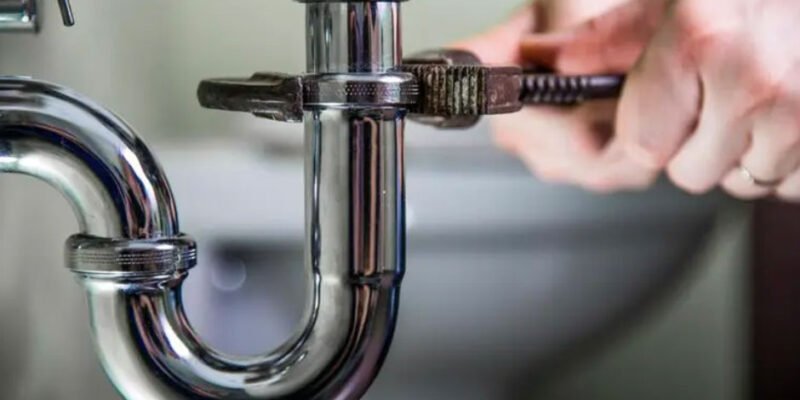



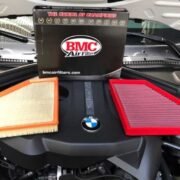

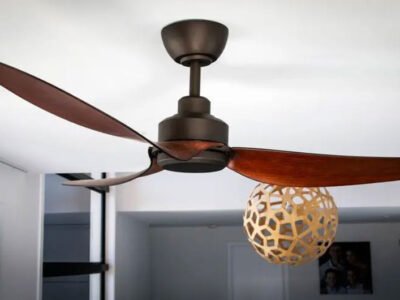
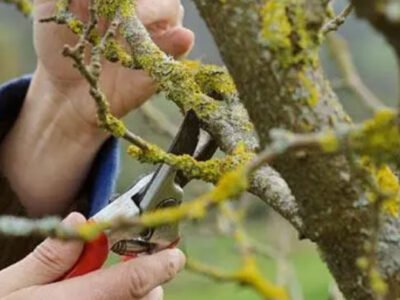
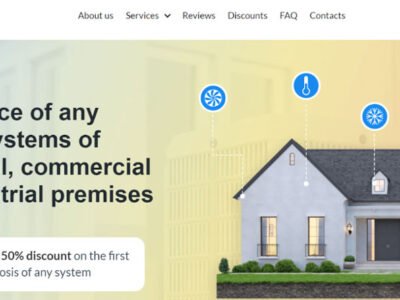








Comments